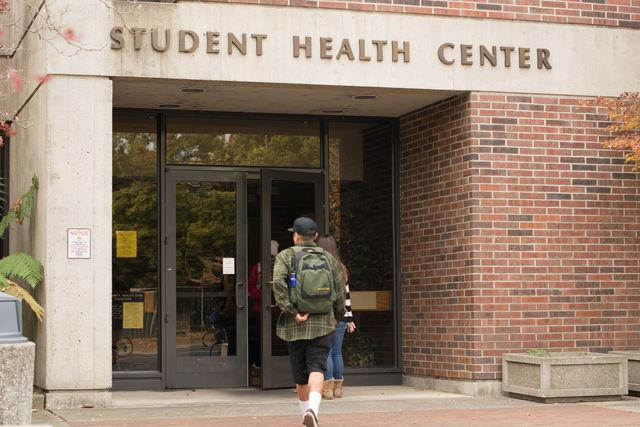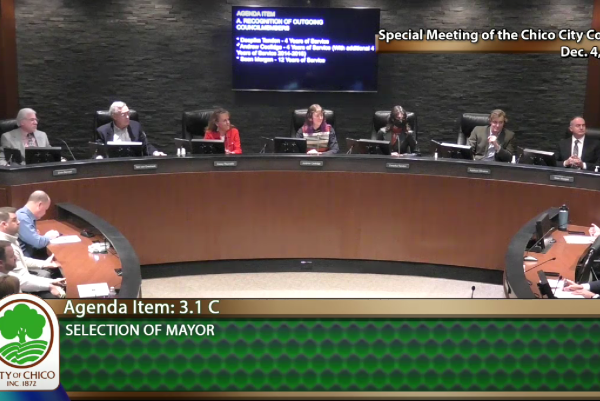Living with a virus comes with a negative stigma

Kate Cahill spoke at a panel Dec. 1, World AIDS Day. The event focused on raising awareness and educating people about the HIV virus.
Cahill spoke about the importance of not judging a person with the virus and wanting the stigma to end, she said.
She explained her strengths and struggles living with the disease.
“I am a woman living with HIV,” Cahill said.
HIV stands for human immunodeficiency virus. Once infected, there is no cure for HIV.
The virus directly affects a person’s immune system and the T cells.
If left untreated, the virus can destroy T cells, leaving the human body defenseless by attacking the immune system.
HIV can be controlled through antiretroviral therapy, which involves taking a combination of daily medications
“This is a totally preventable disease, a disease you can control if you use condoms and practice safe sex,” Cahill said.
She was a victim of the stigma and treated poorly by people who didn’t understand what she was going through.
“People were afraid to kiss on the lips and sometimes I find myself giving into the stigmas,” Cahill said. “My sister and brother-in-law would not let me around my own niece and nephew for two years.”
Cahill wants people to be educated on the matter, which is why she openly speaks about living with HIV.
Today she is also a mother of six with a supportive family established in California. Living with the virus has only made her stronger and more willing to combat HIV by informing people.
In the United States there are more than 1.2 million people living with HIV. Additionally, 12 percent of people living with HIV are unaware they have the virus.
Cahill was diagnosed with HIV in 1999, but was first infected in 1995.
She has been living with HIV for 20 years. During those years, she became proactive in learning more about her infection and raising awareness.
“When I share my story, I feel like I can keep one person from getting infected,” Cahill said. “It empowers me.”
She emphasizes the importance of getting tested, being aware and being proactive.
Chico has various locations in which students can get tested, including:
“Knowledge is power,” Cahill said. “Don’t have risky behaviors. Be proud to get tested.”
Eva Gonzalez can be reached at [email protected] or @egonza13 on Twitter.







